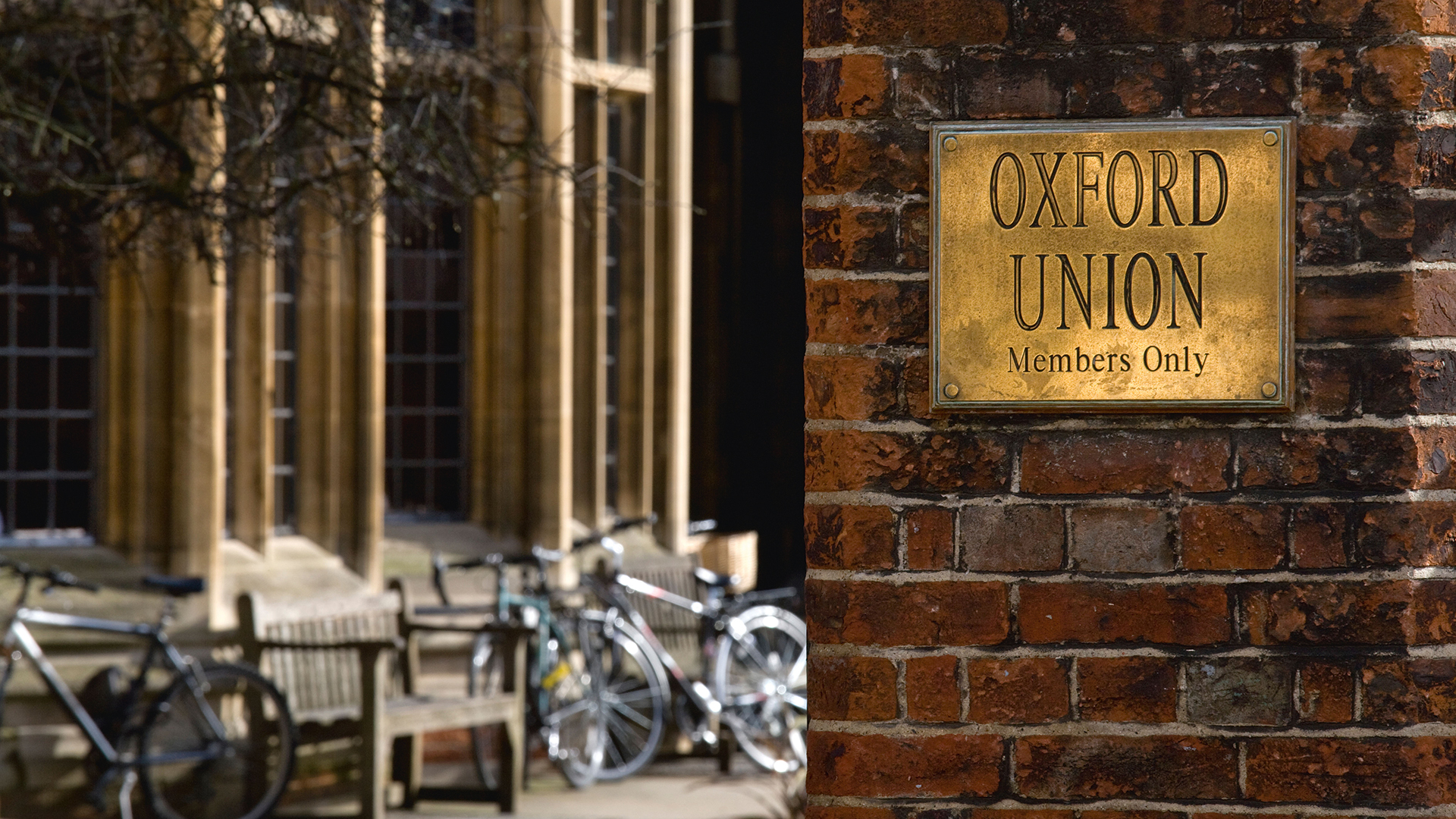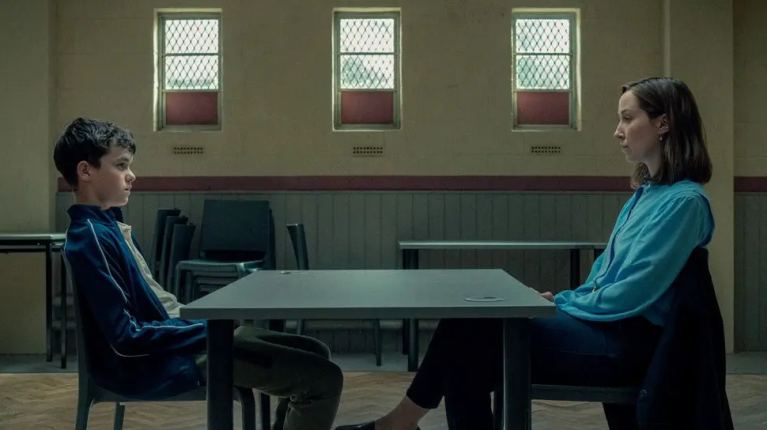But is it possible that, by going through the prism of Oxford, we might distort the kind of thinking necessary to solve the pressing problems that PMs and others are expected to address? Does it perhaps not guarantee the unmitigated failure of our political system if its leading geezers are caught in a mind trap?
And that whether you are a Tony Blair or a David Cameron, once Oxfordised you’re likely to wish for improvements in all of our circumstances, but don’t know how to deliver?
Both these politicians told us in their prime that they were there for the poor, the fallen, the needy, the rejected. Yet having a bit of Oxford planted in their thinking didn’t lift them any nearer to rendering poverty a thing of the past.
Just as I am finishing this article, or trying to, BBC Radio Scotland rings and asks me to go on a phone-in about child poverty. Are we getting anywhere nearer ending its presence in the lives of millions? Do I believe we are getting anywhere nearer to solving child poverty itself?
Alas I say that until you invent new tools we are going to have simply those who advocate giving more to the poor when they are in an extreme crisis. But there seem to be no plans to turn the tap off, by fighting to prevent the next crisis. And all the energy goes into just helping people get through the day slightly better. Where are the big thoughts for ending poverty?
Government needs reinvention so that it gets its programmes on poverty and its alleviation in line. Hence my continuing passion to get the government to stop its scattergun efforts on poverty by creating a Ministry of Poverty Prevention.
Advertising helps fund Big Issue’s mission to end poverty
Another question to be answered in the BBC programme about child poverty is the two-child limit. Meaning that if you have children beyond the two, then you get no subsequent support.
As a child of a relatively large family – six boys – and knowing my parents might have managed well with one or two, I saw the damage in those unsupported times. But I would never want a third or subsequent child punished and unsupported. So I would call for the ending of the two-child limit.
Interestingly, I have often met middle-class people who talk about their parents or grandparents coming from poverty with large families. And when you ask them how many children their parents, who broke the supremacy of poverty in their former lives, had, they nearly always say two.
Will Rachel Reeves and Keir Starmer manage to get over the appalling record of governmental ineptitude that flowed through the Labours of former PMs and chancellors, their Oxonian predecessors? Will they be able to escape the shrivelling of intellect that Oxford inflicts on its former students?
When will Oxford be cast into the river that runs through it and a new institution arise that will build better government, thinking constructively rather than producing more of the same?
We live in hope that the new government will throw away the inherited recipe book that means whether you have a Tory meal or Labour meal, they are both inedible. Spending the public purse on helping people through the disaster of poverty but not preparing to turn the tap off, when it should be preventing poverty and curing poverty rather than concentrating only on coping with the emergency. These are the demands of our times.
Advertising helps fund Big Issue’s mission to end poverty
Let us hope we see a commitment to ending the inheritance of poverty, which will mean doing a complete audit of what works and what doesn’t in the political sphere. And getting the thinking to break poverty and not merely continue maintaining and coping with it. Fingers crossed.
John Bird is the founder and editor-in-chief of The Big Issue. Read more of his words here.
Do you have a story to tell or opinions to share about this? Get in touch and tell us more. Big Issue exists to give homeless and marginalised people the opportunity to earn an income. To support our work buy a copy of the magazine or get the app from the App Store or Google Play.











